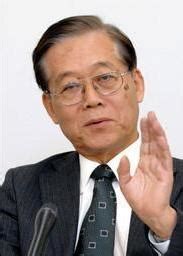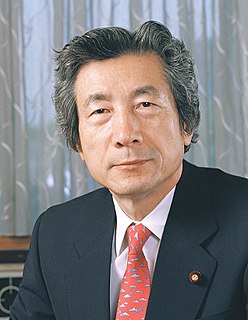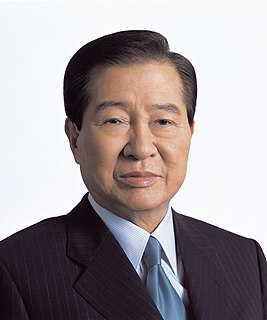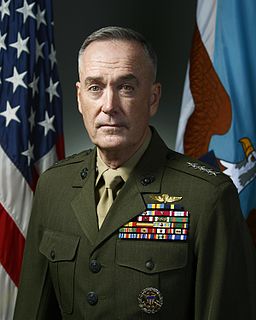A Quote by Koichi Haraguchi
If the North Korean side shows no sincerity in solving the nuclear weapon, abduction and missile issues, then the likelihood of normalization of diplomatic relations is very slim.
Related Quotes
The message that we must send to North Korea is twofold: If the North Korean regime believes that it can defend and protect itself through nuclear and missile programs, that is a misjudgment. But if North Korea gives up its nuclear program, we will help it secure and develop itself. We must consistently send these two messages.
North Korea and China have proposed what sounds like a pretty sensible option that North Korea should end its development of nuclear weapons, the US should stop carrying out hostile military maneuvers on the North Korean border. The US immediately rejected it. Modernization program is a very clear example of how security doesn't matter. There is no gain in security but massive overkill of the adversary's deterrent capacity. The only consequence of it is to elicit the likelihood of a preemptive attack. And a preemptive attack leads to a nuclear winter world.
The most dangerous thing Iraq could have ever had was a nuclear weapon. The nuclear weapon Iraq was trying to build was not deliverable by bomb or ballistic missile. It was a large, bulky device that they hoped to bury and set off to let the world know they had a nuclear weapon. They never achieved that.
During the periods when South Korea played a more active role, the inter-Korean relationship was more peaceful, and there was less tension between the United States and North Korea. The last U.S. administration pursued a policy of strategic patience and did not make any effort to improve its relationship with North Korea. Also, the previous Korean government did not make any such efforts. The result is the reality you see today - North Korea continuing to advance its nuclear and missile program.
The North Korean regime remains one of the world's leading proliferator of missile technology, including transfers to Iran and Syria. The transfer of nuclear weapons or material by North Korea to states or non-state entities would be considered a grave threat to the United States, and we would hold North Korea fully accountable of the consequences of such action.
Regarding the Korean Peninsula nuclear issue, we reaffirm that we are staunchly committed to realizing the denuclearization of the peninsula and upholding the international nuclear nonproliferation system. Both sides will continue to strictly enact all UN Security Council resolutions. And at the same time, we are committed to continuing to solve the North Korean nuclear issue through dialogue and talks.
The steady progress made by North Korea on its nuclear and missile programs is deeply concerning. The US cannot solve this problem alone. However, in order to take steps that could fundamentally affect the North Korean leadership and its decision-making, we need to work even more closely with our allies in the region who feel this threat acutely. I would urge China, in particular, to intensify its leadership role in helping to solve this crisis.
It is not unimaginable to have military options to respond to North Korean nuclear capability. What's unimaginable to me is allowing a capability that would allow a nuclear weapon to land in Denver, Colorado. That's unimaginable to me. So my job will be to develop military options to make sure that doesn't happen.





































